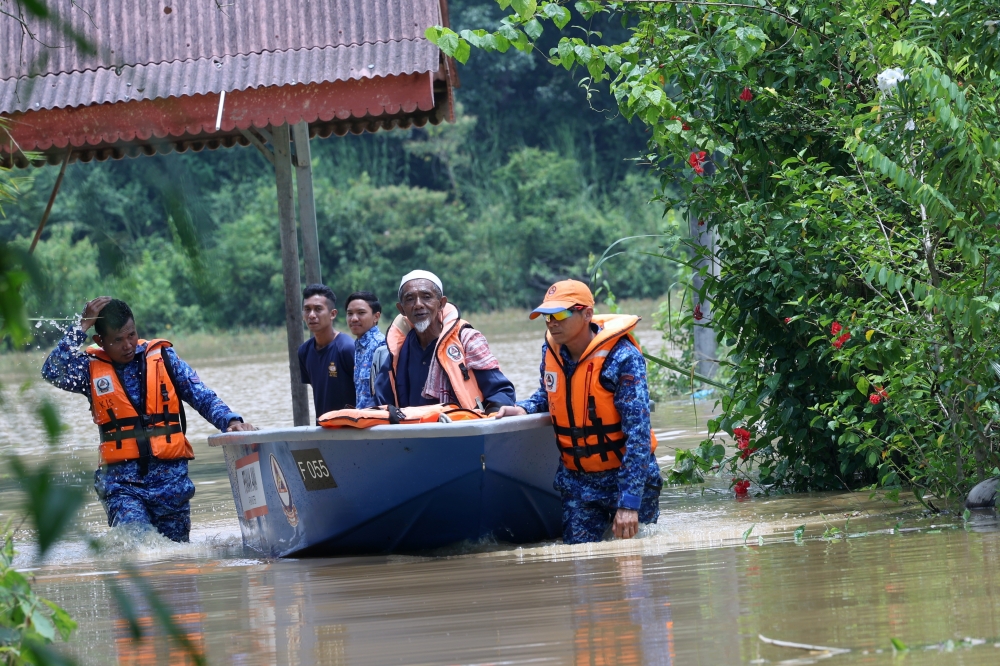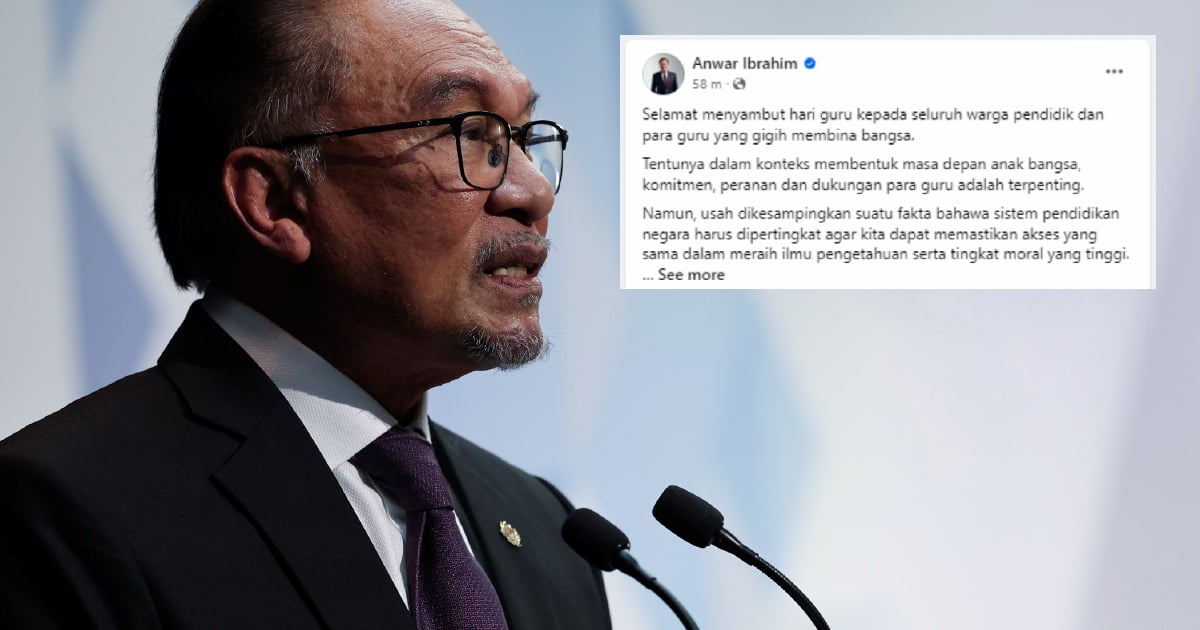JANUARY 1 — In “Legislative model emergency should be considered”, I cited the arguments of John Ferejohn and Pasquale Pasquino that most emergencies ― even the most exceptional and novel ― can be managed effectively within the existing legislative framework.
Countries do not need to use constitutional powers when confronting emergencies. Emergencies can be dealt with through ordinary legislation. (“The law of the exception: A typology of emergency powers” [2004] 2 IJCL 210)
I cited Singapore, New Zealand and Australia – common law jurisdictions like Malaysia – as examples.
Singapore, in particular, has a constitutional provision similar to Article 150(1) of the Federal Constitution. However, it was not, and has not been, invoked to deal with the Covid-19 pandemic, notwithstanding that the pandemic is within the natural meaning of the word “emergency”.
Advertisement
The republic, instead, resorted to Section 17A of the Infectious Diseases Act 1976 which allows the appropriate minister, if he is satisfied that there is an outbreak or imminent outbreak of an infectious disease that poses a substantial risk of a significant number of human fatalities or incidents of serious disability in Singapore, to declare, by order, a public health emergency.

File picture shows the Alor Star Civil Defence Force members evacuating flood victims from Kampung Bukit, Derang district to the flood evacuation centre in Pokok Sena in Kedah, September 27, 2023. — Bernama pic
A civil defence emergency is another kind of emergency that may be declared by the minister in Singapore. This is found in section 102(1) of the Civil Defence Act 1986.
Advertisement
A civil defence emergency is defined as “any fire, explosion, earthquake, oil spill, eruption, flood, storm, hazardous materials incident or other happening (whether or not attributable to an attack by an enemy or to any warlike act) that causes or may cause destruction of or damage to property or loss of life or injury or distress to persons or that in any way endangers the safety of the public in Singapore or in any part thereof” – section 2 of the Act.
Section 102(1) states that if at any time it appears to the minister that a civil defence emergency has occurred or may occur in any part or district of Singapore, the minister may declare that a state of civil defence emergency exists in that part or district.
The minister must immediately give public notice of every declaration of a state of civil defence emergency and the declaration must be published in the Gazette as soon as possible.
Section 102 has a sunset clause in subsection (3) – that is, a state of civil defence emergency for any part or district terminates on the expiry of the seventh day from the time the state of civil defence emergency is in force. The minister may extend the duration for such further period or periods as the minister thinks fit, but only with the approval of the President – section 102(4).
During a state of civil defence emergency, the Commissioner of the Civil Defence Force and the police have special powers necessary for the purpose of carrying out civil defence measures and for the preservation of human life or property, namely to:
(a) direct any person to render any assistance to the Force to save life in immediate danger;
(b) direct the evacuation of any area, building or place, and the exclusion of persons from any area, building or place and in the exercise of that power may remove or cause to be removed a person who does not comply with a direction to evacuate or a person who enters or is found in any area, building or place in respect of which a direction for the exclusion of persons has been given;
(c) remove from any place, vehicle, structure or thing that is impeding civil defence operations and to facilitate its removal may use such force as is reasonably necessary or may break into any such vehicle;
(d) enter upon and, if necessary, break into any place, building, premises or land where he or she believes on reasonable grounds that it is necessary to do so for saving life or preventing injury or rescuing injured or endangered persons or for facilitating the carrying out of any urgent measures in respect of the relief of suffering and distress; and
(e) restrict the movement of persons and close to traffic any road, street, path, private street, private way, service lane, waterway, right of way or access way or other way or close any public place.
Why the special powers? During an emergency, attention is quickly turned to the disaster area.
An immediate response is to mitigate the impact of the disaster. Emergency teams will be mobilised, which unfortunately can be haphazard.
Although the country may have its emergency response plan, the chaos that can follow in the wake of disasters cannot be ignored.
The authorities, for one reason or another, both at national and local level, are sometimes excluded from the early phases of the emergency response.
It is therefore laudable to have such special powers as the above, without which each responding team to a disaster may act according to its own protocols. This will hinder a proper response to an emergency.
Malaysia’s counter legislation, namely the Prevention and Control of Infectious Diseases Act 1988 (Act 342) and the Malaysia Civil Defence Force Act 1951 (Act 221) do not delegate the authority to declare a state of emergency such as public health emergency and civil defence emergency. It must be appreciated that such delegation, however unusual it may be, is not out of ordinary as it is within the framework of a constitutional system.
It is, as John Ferejohn and Pasquale Pasquino argue, an act of the legislature working within its normal competence.
The power to declare a state of emergency and the special powers that come with it are lent, not granted.
So, let’s consider “lending” such powers to the relevant authorities when it is satisfied that a state of emergency has occurred.
* This is the personal opinion of the writer or publication and does not necessarily represent the views of Malay Mail.







